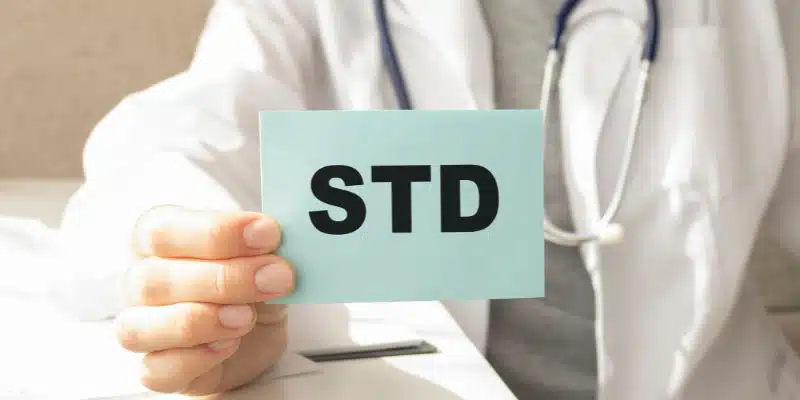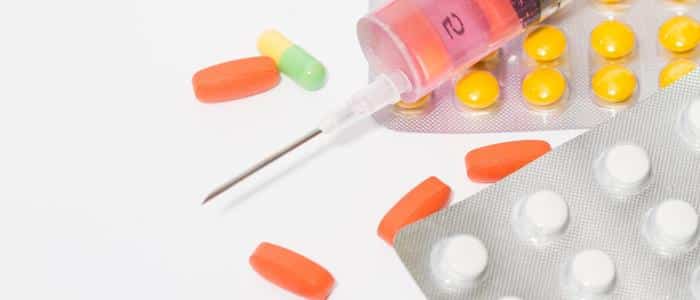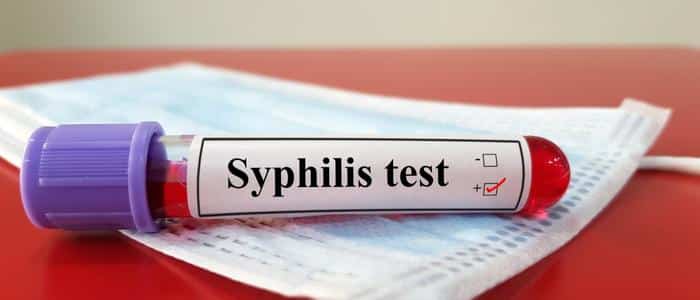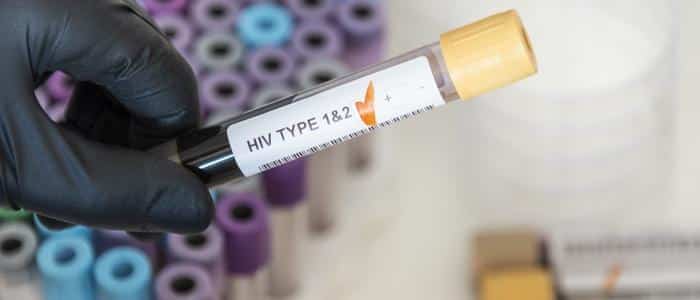
STD Testing: What Is Best For You? No. 1 Solution!
STD Testing should be a priority for parenthood. Although sexually transmitted diseases (STDs) are prevalent, the kinds of STD testing that you require may depend on your risk factors. Determine what is suggested for you.
You might be curious about the likelihood of contracting a sexually transmitted disease (STD) and when you should get tested if you are sexually active, especially if you have multiple partners.
It is essential to take a test. This is due to the fact that you may not be aware you have an STD. There are frequently no symptoms. This is why many medical professionals prefer to refer to STIs as sexually transmitted infections (STIs), as you can have an infection without showing any symptoms.
However, what kinds of STD testing are necessary? And how frequently ought you be examined? The responses rely upon your age, your sexual ways of behaving and other gambling factors.
Don’t assume you are getting STD testing every time you have a Pap or pelvic exam. Talk to your doctor if you need to be tested for STIs.Educate your supplier regarding your interests and what tests you would like or need.
Certain STD Testing
These guidelines for certain STIs can assist you in determining whether STD testing is appropriate for you.

National guidelines recommend gonorrhea and chlamydia Annual screening for:
- Physically dynamic ladies under age 25
- Ladies are more established than 25 and at an expanded hazard of STIs, for example, having intercourse with another accomplice or various accomplices.
- Men who have intercourse with men
- Individuals with HIV
- Transsexual ladies who have intercourse with men
- Individuals who have been compelled to have sex or participate in sexual activity despite their desire to the contrary
Medical services suppliers screen individuals for chlamydia and gonorrhea utilizing a pee test or swab. Swabs are taken from the cervix in women and the penis in men. After that, the sample is examined in a lab. Because you may not be aware that you are infected if you do not exhibit symptoms, screening is critical.
HIV, Syphilis, And Hepatitis

The U.S. Preventive Services Taskforce recommends that people between the ages of 15 and 65 undergo HIV STD testing regularly. More teenagers or more seasoned grown-ups should be tried on the off chance they have a high gamble of an STI. If you’re at increased risk of getting HIV, Marina Medical Centre recommends testing at least once a year.
National guidelines recommend hepatitis C STD testing for all adults aged 18 to 79. Hepatitis A and B vaccines are available and typically given at birth. Adults who have not been vaccinated and are at a high risk of contracting hepatitis A or B may be vaccinated. If you have any of the following risk factors, you should talk to your doctor about getting tested for HIV, syphilis, or hepatitis:
Being pregnant or planning to become pregnant, Being forced to have intercourse or engage in sexual activity against your will. Your healthcare provider tests you for syphilis by taking either a blood sample or a swab from any genital sores you might have. Having more than one sexual partner (or if your partner has had multiple partners) since your last test Positive test for another STI increases your risk of contracting additional STIsIn a laboratory, a specialist examines the sample. Your provider also takes a blood sample for HIV and hepatitis STD testing.
Genital Herpes
STD Testing for genital herpes is typically only recommended by providers to individuals who exhibit symptoms or have other risk factors. However, even though they can still transmit the virus to others, most people with herpes infection never show any signs. If you have blisters or early ulcers, your doctor may send a tissue sample or culture to a lab to look for them. However, if you have symptoms, a negative test result does not necessarily mean you do not have herpes.
A blood test may also reveal whether you have had a previous herpes infection, but the results may not always be accurate. Providers can determine which of the two main types of herpes virus you have by performing specific blood tests. The virus of type 1 typically results in cold sores, but it can also cause genital sores.
The virus of type 2 is more likely to cause genital sores. Nonetheless, the test’s sensitivity and the infection’s stage may influence the results’ uncertainty. It is possible to get false-positive and false-negative results.
Hpv STD Testing
Cervical cancer can be caused by some types of human papillomavirus (HPV). Other types of HPV can cause genital warts. Many people who engage in sexual activity contract HPV at some point in their lives but never exhibit symptoms. Within two years, the virus typically vanishes on its own.
Men should not undergo HPV STD testing regularly. Suppliers of medical services might decide to test men with side effects like genital moles. A wart sample is taken out and sent to a laboratory. HPV STD testing for women includes:
- Pap exam: Women between the ages of 25 and 65 should have Pap tests every three years to check for irregular cells in the cervix.
- Test for HPV: If the results of previous tests was within the acceptable range, women between the ages of 25 and 65 should have an HPV test by itself or an HPV test in conjunction with a Pap test every five years. Those who have varying results on their Pap or HPV tests or are at high risk for cervical cancer may require STD testing more frequently.
Cancers of the vulva, vagina, penis, anus, mouth, and throat have also been linked to HPV. Some forms of HPV can be prevented by vaccination for both men and women. However, the best time to administer them is between 9 and 26.
STD Testing At Home
Kits for STIs like HIV, chlamydia, and gonorrhea that can be done at home has become more widespread. You send a urine sample or an oral or genital swab to a lab for home STD testing.

More than one sample is needed for some tests. One advantage of home STD testing is the convenience of collecting the sample without going to the doctor or having a pelvic exam.
However, tests on your samples may only sometimes be accurate. Contact your doctor or a public health clinic to confirm the home test results if you get a positive impact for an STI. If your home test comes back negative but still has symptoms, you should check the results with your doctor or a public health clinic.
Positive Test Results
Consider additional STD testing if you test positive for an STD. Then, if necessary, seek treatment from your healthcare provider. Inform your sexual partners as well. Because you can spread infections between each other, you and your partners need to be tested and treated.
Expect to experience a lot of emotions. You might be embarrassed, enraged, or afraid. To inform your partners and receive treatment, it may be helpful to remind yourself that you have done the right thing by getting tested. Discuss your worries with your healthcare provider.



